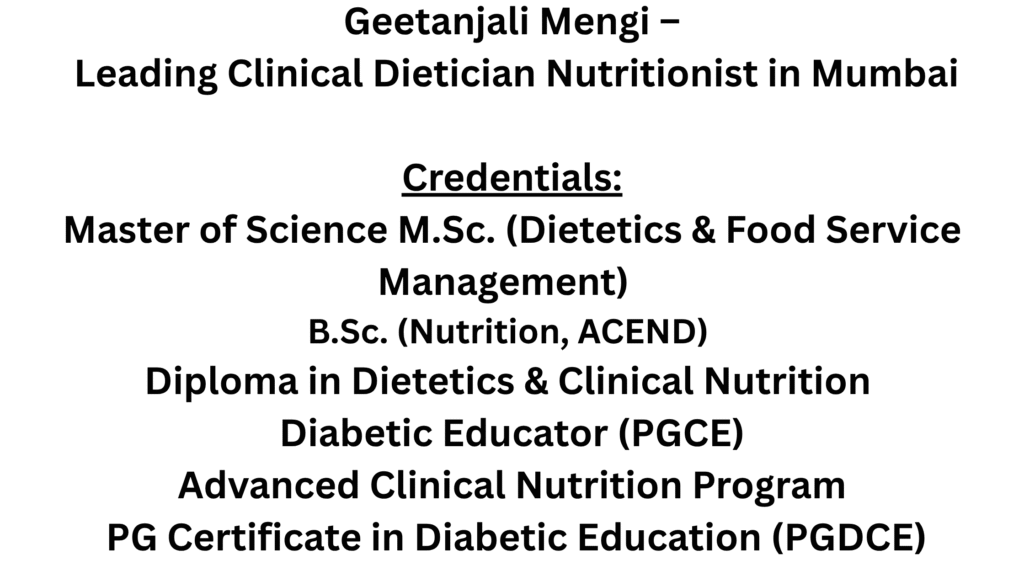Gut Dietician in Mumbai India
Gastrointestinal disorders cover a large gambit of conditions patients commonly suffer from. These include irritable bowel syndrome, anal fissures, perianal abscesses, hemorrhoids, anal fistulas, diverticular diseases, perianal infections, colon polyps, diverticular diseases, and colitis. Serious disorders can cause cancer as well. Ensuring that you maintain an active and healthy lifestyle that helps you practice good bowel habits can prevent or minimize the risk of suffering from these conditions greatly.

Gastric Causes
Many factors come into play causing an upset in the Gastric tract. These are:
- Your diet is low in fiber
- A sedentary lifestyle where you are denied enough exercise
- Frequent traveling that upsets your daily routine and an irregular lifestyle
- Over-consumption of dairy products
- Stress and hypertension
- Suppressing bowel movement urges

FEATURES OF OUR DESIGNED PROGRAM
Smart food and water reminders sent directly to your whatsapp which ensure your progress stays on track at all times.
Get exclusive access to a lifestyle journal and a premium diet essentials bag, setting you up for seamless healthy living.
Enjoy unlimited, immediate guidance from expert dieticians, no matter when or where support is needed.
Receive customized recommendations for physical activities, keeping you motivated and energized every day.
From Fast Diets to Party, Travel, Regional, and Festival Diets, our solutions cater to your unique needs, tastes, and schedules.
Benefit from regular, one-on-one check-ins every 10 days with a dedicated dietician to celebrate your wins and fine-tune your plan.
Join a vibrant social media forum packed with expert videos, blogs, and daily healthy living tips to inspire your journey.
Stay accountable and focused with real-time tracking by skilled junior dieticians.
Explore an ever-growing collection of delicious, diet-friendly recipes through online and offline videos, from timeless classics to the latest culinary trends.
Dietician reviews meal photo for personalized feedback and improvement.
How Do You Deal with Gastrointestinal Disorders?
Ensuring regular intake of necessary foods helps deal with gastrointestinal disorders to a large extent. This is where a dietitian comes into the picture. Meet Ms. Geetanjali Mengi, a leading dietitian based in Mumbai who can be your ‘friend, guide, and philosopher’ in tackling gastrointestinal disorders.
With years of experience under her belt and a legion of patients who have gained immensely from her guidance and support, the customized charts an effective diet plan coupled with an exercise regimen to tackle gastrointestinal disorders. An effective way to deal with gastrointestinal disorders is to improve the effectiveness of your digestive system. Ms. Geetanjali designs a diet plan for you that ensures sufficient intake of:
- Yogurt
- Fennel
- Papaya
- Ginger
- Apples
- Chia Seeds
- Fennel
- Whole Grains
- Dark Green Vegetables
- Kombucha
- Kefir
Sufficient intake of the foods mentioned above ensures improved digestion causing regular bowel movements. It helps a great deal in tackling gastrointestinal disorders.
If you are looking for a reliable Dietitian for Gastric Patients in Mumbai then look no further, call us today at +91-98691-92070.
How Dietician Helps You to Control Gastric
Our team stands by you with very useful diet consultations. Her basic strategy is to devote enough time to gauge your issues that decide what your needs are. The key is to stick to the food you consume regularly at your home since your genetic structure is designed to respond most optimally to homemade food. Following the diet plan makes no short-term changes to your daily diet; it’s a change for life.
Ms. Geetanjali aims to educate you about the various aspects of healthy nutrition. That way, you’ll become self-reliant. How does that help? It helps a lot since when you are on your own, you are capable enough to control your food intake ensuring a healthy diet for yourself.
Frequently Asked Questions (FAQs)- Gut
Gastric disorders refer to a range of conditions affecting the digestive tract, including gastritis, IBS, colitis, and more.
Conditions include IBS, anal fissures, hemorrhoids, perianal abscesses, fistulas, colon polyps, and diverticulitis.
Symptoms include abdominal pain, bloating, nausea, vomiting, constipation, diarrhea, and sometimes gastrointestinal bleeding.
She is an experienced clinical dietitian and nutritionist specializing in managing gastric disorders.
Proper nutrition reduces inflammation, supports healing, and helps prevent symptom flare-ups.
Low-fiber diet, sedentary lifestyle, stress, excessive dairy, frequent travel, and irregular routines are common causes.
Yes, a regular physical activity aids digestion and overall gut function.
She considers individual medical history, lifestyle, and food genetics for personalized plans.
Yes, patients receive follow-ups and support throughout the dietary journey.
You can call on 9869192070 or 9820209507 or 7678050636
Free Consultation – Start Your Wellness Journey Today
Book a complimentary, no-obligation phone consultation and discover how we can help you achieve your health goals. During this call, we will:
* Give you a clear overview of how our nutrition program works
* Understand your personal health goals and expectations
* Explain our pricing, packages, and payment options
* Clarify how insurance coverage may apply
* Help you choose the right practitioner for your needs
* Answer all your doubts and questions
* And guide you with anything else you may need
Take the first step toward a healthier, happier you—your free consultation awaits!
